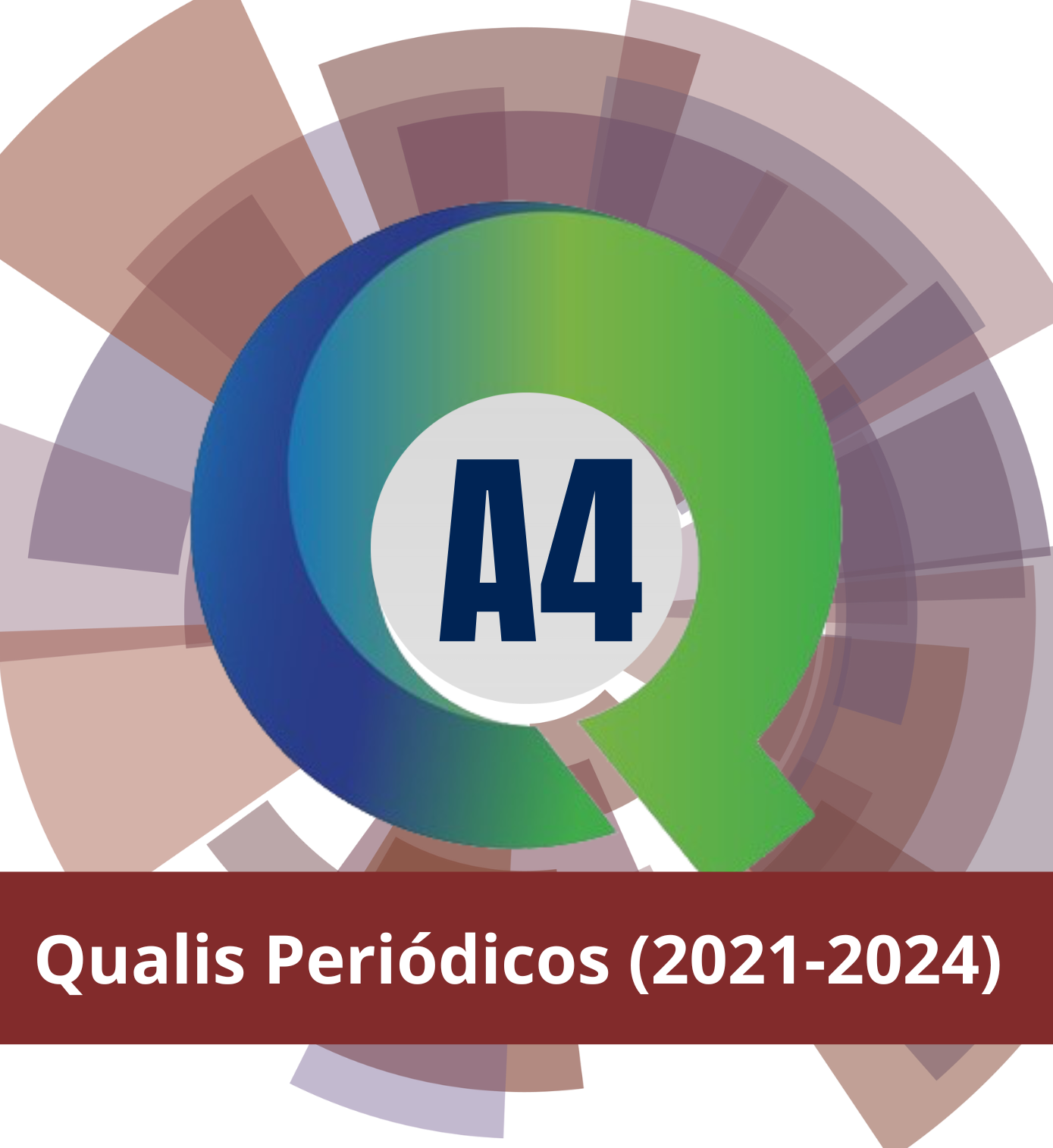Reorganization of the capital: the expropriation of peasant land by agribusiness
DOI:
https://doi.org/10.25059/2527-2594/retratosdeassentamentos/2013.v16i1.136Abstract
The purpose of this study is to discuss the recurring process of capital accumulation and the question of land expropriation as a strategy for expanding reproduction of the capitalist system, based on the condition that this system deals with two types of enclosure, both old and new, in order to continue the process of reproduction. This study is grounded on an exploratory research project and using the method of dialectical materialism with reference to the works of Marx, Harvey, Angellis, and the members of the Midnight Notes Collective of The Commoner Journal intends to argue that the current processes of capital accumulation is a continuous and inherent process of capitalist production. Document analysis and interviews were used in this study to examine the relationship between this theoretical discussion and an empirical case of land grabbing in the State of Tocantins, Brazil. Preliminary research findings indicate that in the towns of Goiatins, Barra do Ouro, and Campos Lindos the peasants suffer from two types of enclosure: the parliamentary enclosure and the enclosure of common lands. In the first case by soybean farmers, who have forged documents, around 80 families have been displaced from their homes and lost their possessions in 1995, when they suffered from violent deeds and physical menace. In the second case, by the State Government, that with the Decree 436/97 expropriated 105,000 ha for the production of soybeans, displacing more than 100 families. These peasants encouraged by the social movements have been fighting for their rights for more than 15 years, in an attempt that the Brazilian Justice System should take steps to resolve conflicting land claims through legislation and to guarantee their rights to property.
Keywords: Primitive accumulation; Agribusiness; Peasant expropriation.
References
ALMEIDA, A.W.B. Agroestratégias e Desterritorização: direitos territoriais e
étnicos na mira dos estrategistas dos agronegócios. In: RODRIGUEZ, J.E.B;
RUFINO, M.R.C.F; RUFINO, D.M; SANTOS, D.T dos. (Orgs.).
Fronteiras, Diálogos e Intervenção Social no Contexto Pan-Amazônico.
Manaus: Editora da Universidade Federal do Amazonas, 2012, p.267-307.
______Terras tradicionalmente ocupadas: processo de territorialização e
movimentos sociais. Estudos Urbanos e Regionais. Revista da Associação
Nacional de Estudos Urbanos e Regionais - Anpur. v.6, n.1, Rio de janeiro,
Disponível em: . Acesso em: 20/04/2012.
ALVAREZ BENAVIDES, A.N. La globalización según Bourdieu. Cuadernos
de Trabajo Social, n.18, ano 2, p.121-135, 2005. Disponível em:
revistas.ucm.es/index.php/CUTS/article/view/CUTS0505110121A>. Acesso em: 10/06/2012.
DE ANGELIS, M. Marx and primitive accumulation: The continuous
character of capital's "enclosures". Revista The Commoner, n. 2,
September, 2001. Disponível em: . Acesso em: 20/04/2012.
CASTILHO, M.W.V.; CASTRO, J.G.D.C. Do Sertão à Periferia: a
expropriação camponesa pela expansão da soja. Araguaina – TO: FASE/
CPT/APA-TO, 2006. Disponível em: . Acesso em: 23/06/2012.
FONTES, V. O Brasil e o Capital-Imperialismo – teoria e história. 1. ed.
Rio de Janeiro: editora da UFRJ, 2010.
HARVEY, D. O Novo Imperialismo. 2. ed. São Paulo: Loyola, 2005. 201p.
MARX, K. O Capital: Crítica à Economia Política. Tomo 2. São Paulo:
Nova Cultural Ltda, 1996.
______O Capital: Crítica à Economia Política. vol. 2. Civilização Brasileira, Rio de Janeiro, 2009.
MIDNIGHT Notes Colletive. The New Enclosures. Reprinted from
Midnight Notes 10, 1990, The Commoner, n.2, September, 2001. Disponível em: . Acesso em: 12/05/2012.
REVISTA ÉPOCA . Negócios entre amigos. Revista Época, ed. 147, 12
mar, p.70, 2001.
THOMPSOM, E.P. Costumes em Comum. Companhia das Letras, São
Paulo, 1998.
Downloads
Published
How to Cite
Issue
Section
License
O(s) autor(es) autoriza(m) a publicação do artigo na revista;
• O(s) autor(es) garante(m) que a contribuição é original e inédita e que não está em processo de avaliação em outra(s) revista(s);
• A revista não se responsabiliza pelas opiniões, ideias e conceitos emitidos nos textos, por serem de inteira responsabilidade de seu(s) autor(es);
• É reservado aos editores o direito de proceder ajustes textuais e de adequação do artigo às normas da publicação.
Autores mantêm os direitos autorais e concedem à revista o direito de primeira publicação, com o trabalho simultaneamente licenciado sob a Licença Creative Commons Attribution, que permite o compartilhamento do trabalho com reconhecimento da autoria e publicação inicial nesta revista.
Autores têm autorização para assumir contratos adicionais separadamente, para distribuição não exclusiva da versão do trabalho publicada nesta revista (ex.: publicar em repositório institucional ou como capítulo de livro), com reconhecimento de autoria e publicação inicial nesta revista.
Autores têm permissão e são estimulados a publicar e distribuir seu trabalho online (ex.: em repositórios institucionais ou na sua página pessoal) a qualquer ponto antes ou durante o processo editorial, já que isso pode gerar alterações produtivas, bem como aumentar o impacto e a citação do trabalho publicado (Veja O Efeito do Acesso Livre) em http://opcit.eprints.org/oacitation-biblio.html















